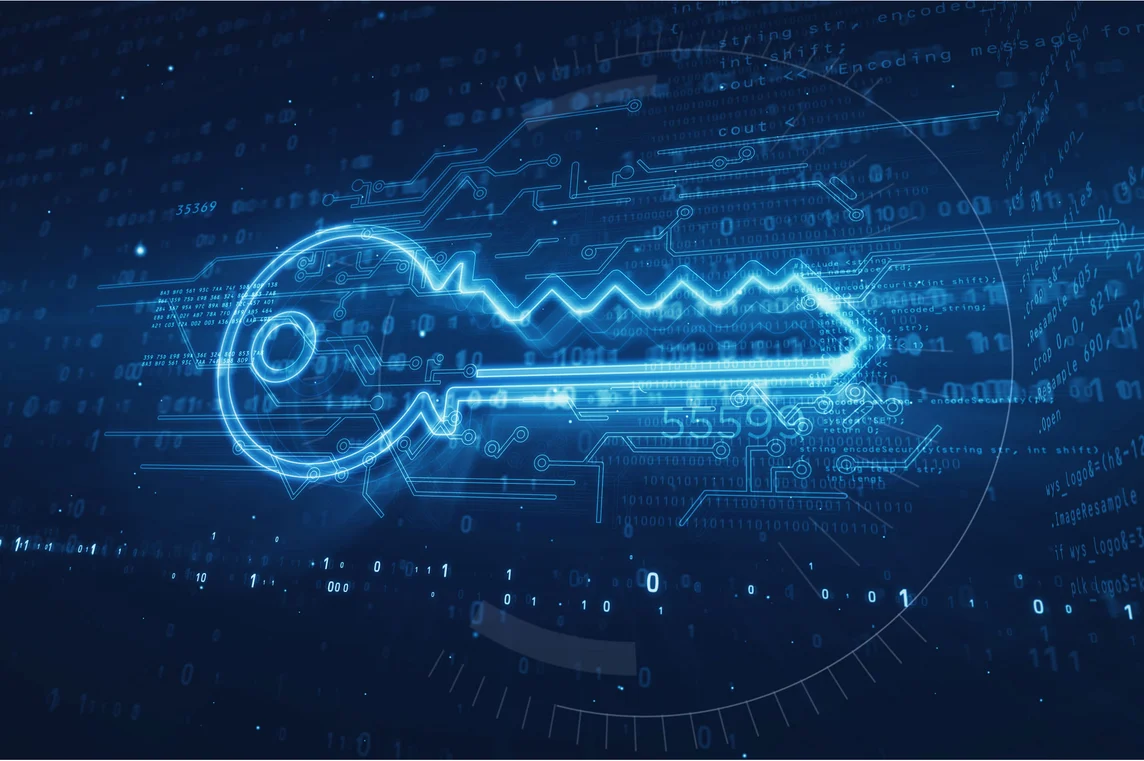As organizations increasingly adopt artificial intelligence technologies, securing the underlying infrastructure has never been more critical. This blog delves into the best practices for protecting your AI infrastructure and ensuring data integrity and confidentiality. We begin by emphasizing the importance of implementing a robust security framework that includes firewalls, intrusion detection systems, and access controls tailored to AI-specific vulnerabilities.
Next, we explore the significance of data encryption, both at rest and in transit, to safeguard sensitive information from unauthorized access. The blog also covers the role of regular security assessments and audits to identify potential weaknesses and ensure compliance with industry standards and regulations.
Additionally, we discuss the necessity of training staff on security awareness, as human error is often a significant factor in data breaches. By fostering a culture of security, organizations can better protect their AI systems.
We also touch on the use of machine learning algorithms for threat detection, allowing for proactive monitoring and rapid response to potential threats. By following these best practices, organizations can build a resilient AI infrastructure that not only supports their innovative goals but also ensures the protection of critical data and systems. Join us as we outline essential strategies for fortifying your AI environment against evolving cyber threats.


